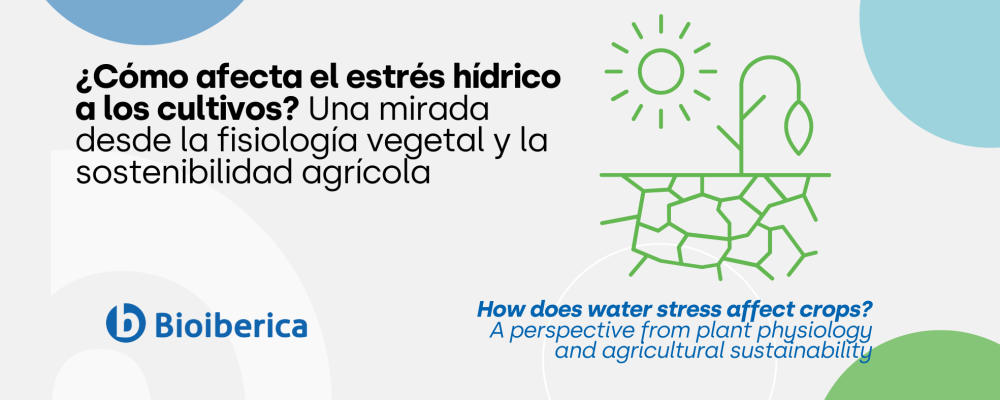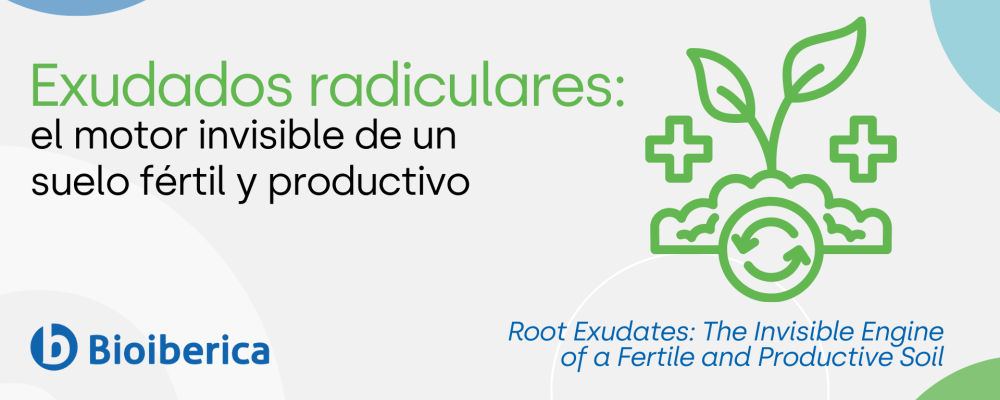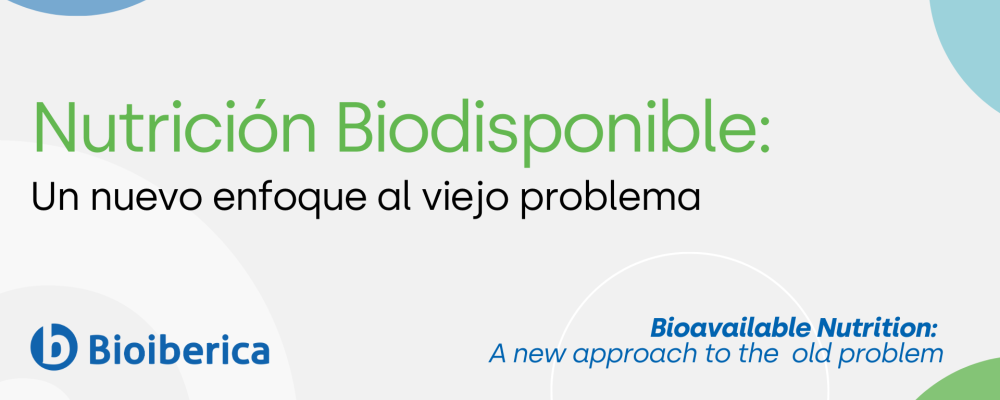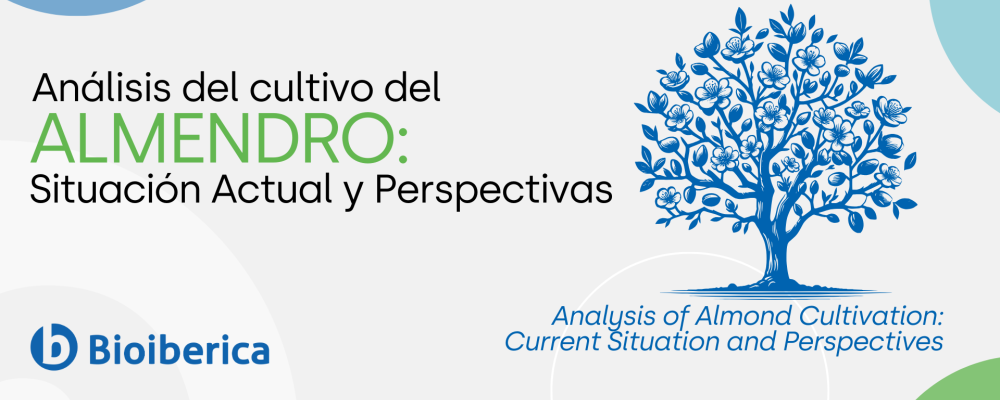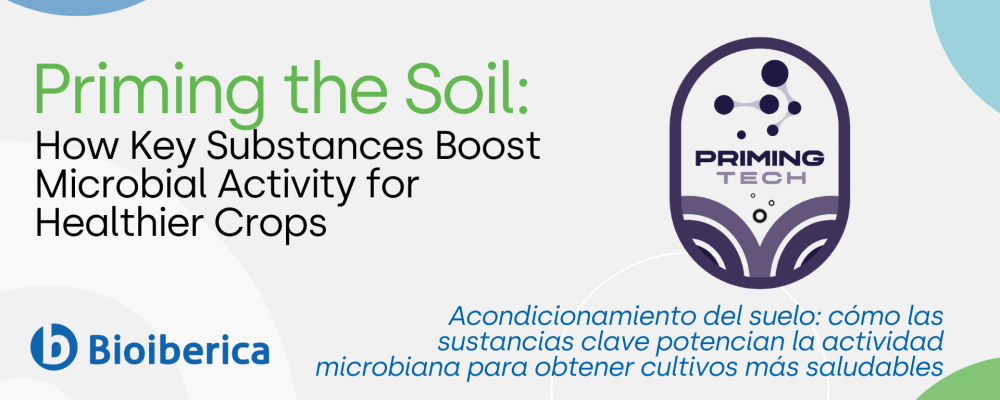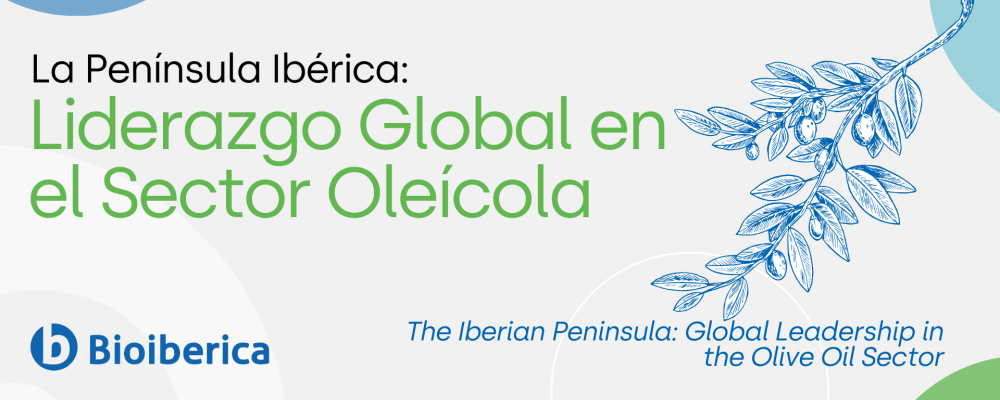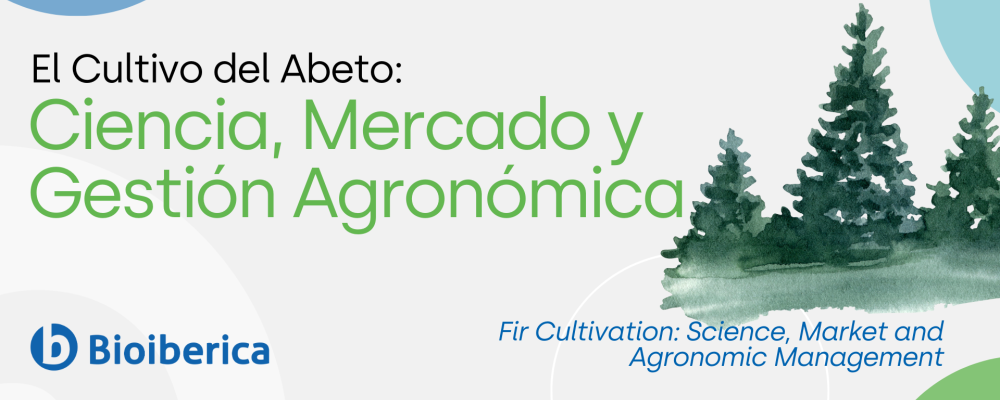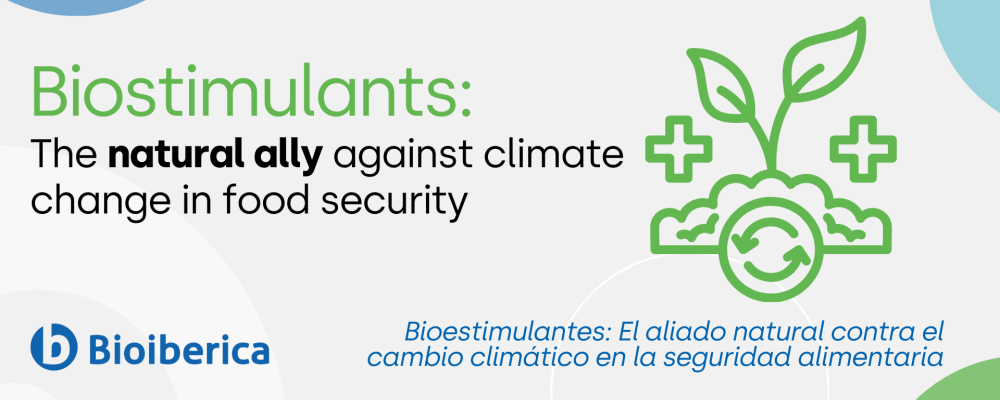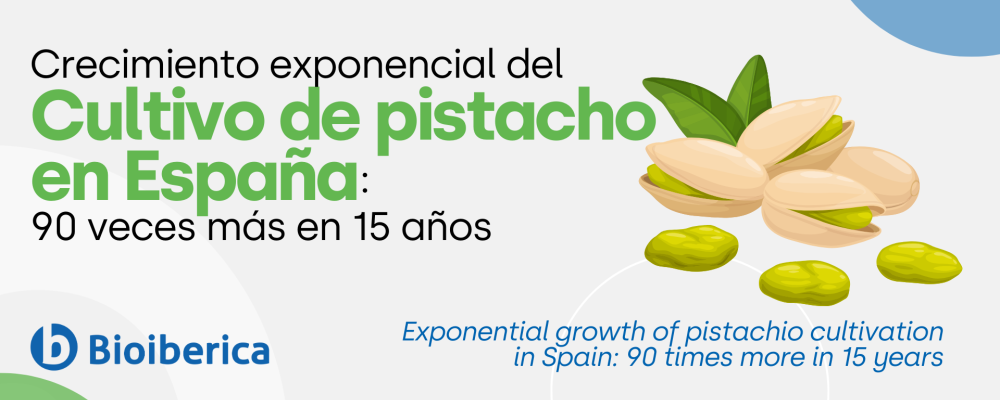Friday, 23 May 2025
Applied Knowledge
Water stress is one of the main abiotic factors that limit agricultural yields globally. With the advancement of climate change, the intensification of droughts, and soil degradation, access to freshwater is becoming a bottleneck for the sustainability of agri-food systems.
But what really happens inside plants when water becomes scarce? To understand this, it is crucial to explore the physiological processes that are altered under water deficit conditions.
Saturday, 15 March 2025
Terramin® Pro | Terra-Sorb® | Applied Knowledge
Root exudates play a fundamental role in the interaction between plants and soil microorganisms. These compounds released by roots facilitate the establishment of essential biological networks in agricultural ecosystems. Without vigorous root activity, the incorporation of beneficial microorganisms—regardless of how advanced their selection may be—will have a limited impact on plant development.
Wednesday, 05 March 2025
Applied Knowledge | Olive Tree
By Juan Vilar Hernández, expert in economics, international agricultural analyst, strategic consultant, professor at the UJA (Spain) and farmer.
Friday, 28 February 2025
Applied Knowledge | AminoQuelant®
R&D Plant Health, Bioiberica
Tuesday, 17 December 2024
Frut trees | Applied Knowledge
Almonds occupy a prominent place among woody crops worldwide. With an area of nearly 2.4 million hectares, they represent 3.06% of the total of 73 million hectares of permanent crops on the planet. However, pressure from falling prices has encouraged the substitution of almonds by other crops such as olives, pistachios and hazelnuts in various regions. In addition, there is strong competition between the “Spanish” almond and the so-called “American” almond, which are cannibalizing their respective market shares. This report analyzes the current dynamics and the state of almond cultivation globally.
Tuesday, 03 December 2024
Applied Knowledge
In recent years, agricultural science has become more focused on the complex interactions between plants, soil, and microbes. A particularly exciting area of study is the priming effect—a phenomenon where certain substances introduced to the soil can “wake up” or stimulate the activity of beneficial soil microbes. But what does this mean for farmers and the health of our soils? Let’s dive in and explore how different compounds can drive this priming effect and enhance soil fertility.
Tuesday, 19 November 2024
Applied Knowledge | Olive Tree
The Iberian Peninsula is consolidating its position as a qualitative and competitive benchmark in the production of olive oil and table olives, thanks to the joint contribution of Spain and Portugal. This leadership is based on a combination of factors: a vast area of olive groves, advanced infrastructure and a know-how deeply rooted in its farmers and olive millers.
Tuesday, 19 November 2024
Applied Knowledge
The fir tree (Abies spp.) is much more than just the central symbol of the Christmas festivities: its cultivation represents a balance between science, sustainability and highly specialized agronomic management. This tree, whose production involves years of planning and dedication, is at the heart of a constantly growing global market.
Tuesday, 05 November 2024
Applied Knowledge
From soil care to choosing the right nutrients, every little decision we take can make a huge difference to the growth and resilience of plants.

